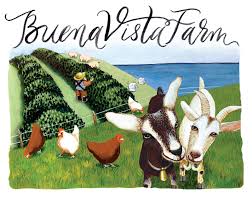Buying sustainably farmed meat
In general, meat production is an intensive farming practice which has numerous environmental impacts that range from land clearing and habitat loss to soil degradation and high greenhouse emissions. As consumers, it’s important to be conscious of where our meat comes from. Some livestock producers implement sustainable, environmentally sound principles like soil and water management, stock rotation, regenerative agriculture and even biodynamics. Learning about how our meat is raised and supporting small scale, local and sustainable farms is an important step to making sustainable choices when buying meat. An easy way to begin the journey is to shop at your local butcher, and ask where their products are from, and how the animals are raised.
IN THE ILLAWARRA
Watch
Farming Sustainably with Regenerative Agriculture
Regenerative agriculture offers a future for sustainable farming of meat in line with nature’s needs, by using holistic management and organic/biodynamic practices and even sequestering carbon in the soil – so important in our response to our climate crisis. At Mangarara, in New Zealand’s beautiful Hawke’s Bay, Greg Hart and his family are in the process of restoring 1500 acres of land, conventionally farmed for over 150 years, into the paradise it once was.
Listen
The Food Fight: The Ethical Omnivore with Feather and Bone
Stefan Posthuma and Simon Evans make the trip to Marrickville in Sydney’s inner west to speak with Laura Dalrymple and Grant Hilliard from Feather and Bone Providore about their business and their new book The Ethical Omnivore. Drawing on their experience working with the most sustainable and ethical producers of meat in NSW and further afield – they discuss whole animal butchery, the issues around soil health, sustainable meat production, regenerative agriculture and how sharing food builds community.








